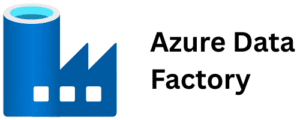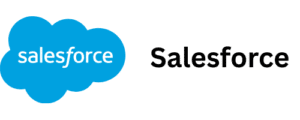
Home - Case Studies and Customer Success Stories - Not-for-Profit Removes Data Silos with Azure Warehouse
“Partnering with Data-Driven AI and leveraging Microsoft Azure has been a game-changer for us. We’ve gone from fragmented, manual reporting to real-time insights that empower our team and strengthen our impact. The new data warehouse not only saves us time—it gives us confidence in every decision we make.”





Reporting processes that previously took weeks to complete are now automated and can be generated in minutes, saving valuable time and resources.
Real-time analytics have enhanced engagement by providing end users with up-to-date insights into their contributions and the impact of their support.
Centralised data governance has strengthened compliance and security, ensuring that donor information is managed with the highest standards of protection.
“By partnering with TSI and leveraging Microsoft’s intelligent data stack, this not-for-profit organisation transformed its fragmented reporting into a unified, scalable data warehouse—unlocking insights that empower better decisions and amplify community impact”
